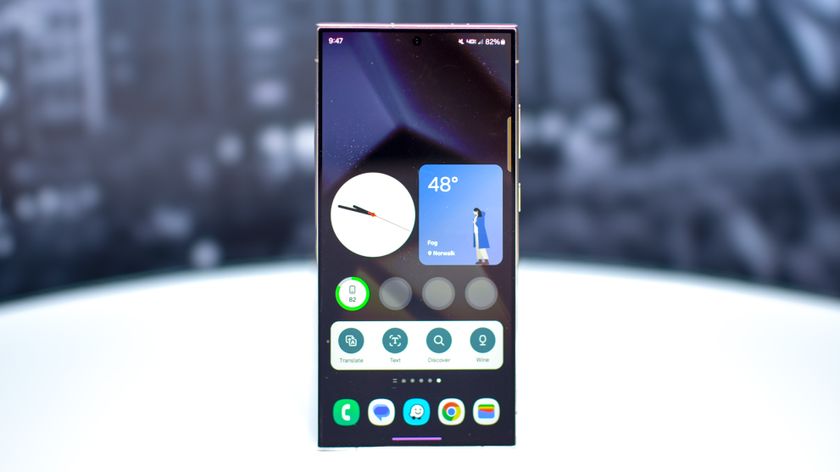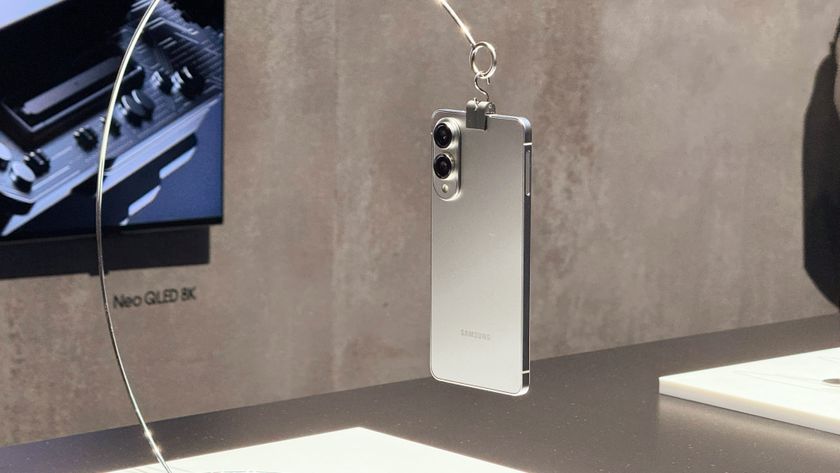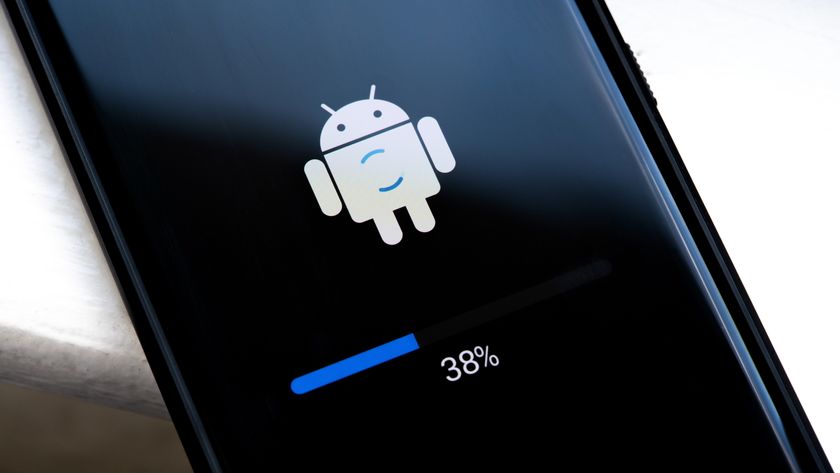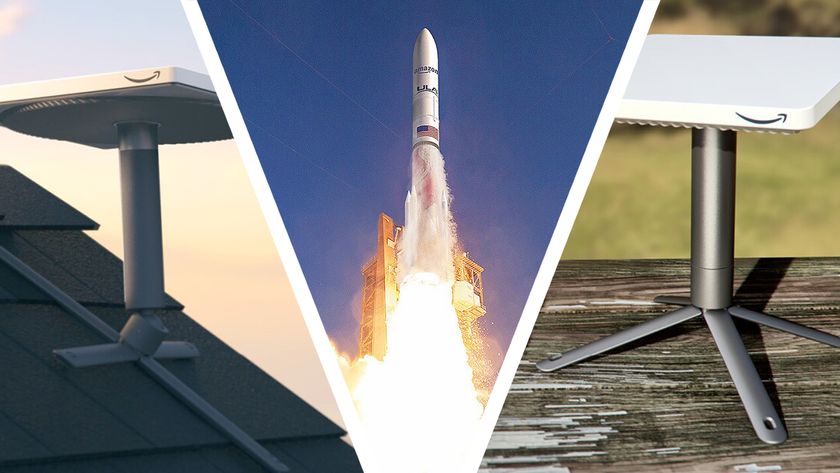Samsung gets into introspection mode due to sluggish Galaxy S21 series sales
Xiaomi is causing headaches to the South Korean company

South Korean tech giant Samsung is set to launch its latest and flagship phones in about a week. It's being reported that the company would unveil not one but two foldable devices catering to different requirements of the consumers.
While this looks all rosy, the company, on the opposite side of the spectrum, has reportedly gone into introspection mode to analyze its mobile business, a couple of South Korean publications claim. And the reason behind this decision is the poor sales numbers of the Galaxy 21 series.
This report claims that the flagship series from Samsung hasn’t been performing at all as the company had expected. Even after clocking a staggering 13.5-million units, the overall numbers are down by a good 20 per cent when compared to the Galaxy S10 series. The dip in sales is even massive when compared to the Galaxy S10 which accounted for a whopping 47% more sales during the same time frame.
- Check out the best foldable phones
- These are the best Samsung phones
- Take a look at the best smartwatches
What seems to be an area of concern for Samsung is that the Galaxy S21 series was able to clock over 590,000 units cumulatively within a month of its launch. This puts the S21 almost at par with the Galaxy S8 from 2017 which shattered all the sales records for the company.
Worrying signs for Samsung?
However, after clocking half a million units, the S21 lineup took 5 months to break the barrier of selling 10 million units which got the alarm bells ringing for the company.
The gradually dipping interest in the flagship series is worrisome for the company which is currently poised at the top of the sales charts, however, Chinese smartphone maker Xiaomi is staring down its throat after deposing Apple from the number two position.
The Covid-19 led pandemic outbreak is the culprit behind the dipping numbers globally and markets across the globe are struggling to get the required numbers. However, during the same period brands like Xiaomi are showing impressive growth.
Get daily insight, inspiration and deals in your inbox
Sign up for breaking news, reviews, opinion, top tech deals, and more.
Pricing another factor?
Another key area of concern for Samsung is the fact that not only the sales numbers of its flagship devices are dwindling, but the company is also losing momentum in the markets that are traditionally known for being budget focused and were once Samsung’s forte. This includes the European market where the company has already recorded a dip of 7% and India where Samsung has been able to only ship half the number of devices as Xiaomi.
In a bid to overcome the slump the company introduced the Galaxy S21 cheaper than its predecessor and is even reportedly going to price the upcoming foldable phones slightly more affordable than the ones launched last year.
While the pricing might have been reduced, the flagship phones from Samsung are still priced in the north of $1000 while Xiaomi’s costliest phone in the global markets is the Mi 11 Ultra though the company drives maximum numbers via its affordable Android phones.
Even after the discounts and price drop, the Samsung devices are generally pricier compared to the Xiaomi phones. The Chinese company is known to work on razor-thin margins to sell more devices and seldomly reduces the price of its phones.
Last but not least, Samsung has relied on an in-house Exynos chipset in various markets which in comparison to the Snapdragon’s flagship chipset is considered to be slightly superior performance-wise. Even in terms of graphics performance, the general perception is that the Snapdragon chipset performs slightly better. This pushes users who are looking to buy a flagship Samsung phone away towards the competition.
Want to know about the latest happenings in tech? Follow TechRadar India on Twitter, Facebook and Instagram!
Jitendra has been working in the Internet Industry for the last 7 years now and has written about a wide range of topics including gadgets, smartphones, reviews, games, software, apps, deep tech, AI, and consumer electronics.










